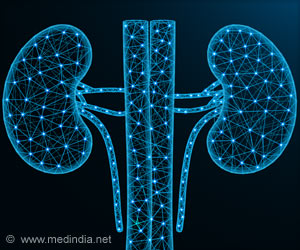While PD is not considered a fatal disease, its complications can lead to an increased risk of death, and few studies have examined how the diet of people with PD can affect disease prognosis.
Previous research found that when people without Parkinson’s ate more flavonoids, it was associated with a lower risk of them developing the disease in the future.
Researchers wanted to explore further whether flavonoid intake could be linked to better survival in individuals who had already been diagnosed with Parkinson’s.
For this study, the researchers analyzed data on 599 women and 652 men who had recently been diagnosed with PD. Participants were asked how often they ate certain flavonoid-rich foods, such as tea, apples, berries, oranges and orange juice, and red wine.
Flavonoid intake was then calculated by multiplying the flavonoid content of those foods by how frequently they were consumed.
After controlling for factors like age and several dietary factors like total calories consumed and overall diet quality, researchers found that the participants in the group of the highest 25 percent of flavonoid consumers had a 70 percent greater chance of survival than the lowest group.
The people in the highest group consumed about 673 milligrams (mg) of flavonoids each day while those in the lowest group consumed about 134 mg.
The researchers also analyzed the effects of individual flavonoids. They found that those in the top 25 percent consumers of anthocyanins found in red wine and berries had a 66 percent greater survival rate compared to those in the lowest 25 percent.
Additionally, the top 25 percent of consumers of flavan-3-ols found in apples, tea and wine had a 69 percent greater survival rate compared to the lowest 25 percent.
“Flavonoids are antioxidants, so it’s possible they could be lowering chronic neuroinflammation levels,” said Xinyuan Zhang, the Ph.D. candidate in nutritional sciences at Penn State.
while the study did not examine the underlying mechanisms that may cause this association, they have proposed some theories. Researchers said future studies could help find the exact mechanisms behind flavonoid consumption and mortality risk in people with PD.
Source: Medindia



